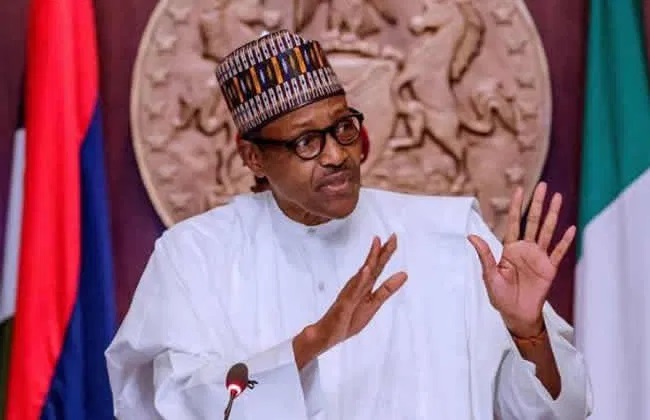

When President Muhammadu Buhari was sworn in on the 29th of May 2015 for his first term in office, one of his resolve was to fight corruption.
True to his words, some corrupt government officials were prosecuted while their stolen assets were seized.
By the end of the first term, the government had recovered over eight hundred billion Naira in looted funds.
The recovered assets include monies withheld by past government officials, monies kept in private accounts, monies diverted to private pockets and monies in possession of government officials not disclosed after leaving government,
According to the Minister of information, Alhaji Lai Mohammed, the government secured the conviction of over one thousand four hundred persons including high profile ones as well as forfeiture of ill-gotten property.
It is important to note that asset recovery is a vital means of fighting corruption and promoting development in developing countries.
The fight against corruption and the fight against poverty are complementary.
That was why when in 2018 the federal government announced its decision to disburse the three hundred and twenty one million dollars of Abacha loot to vulnerable Nigerians, the decision was a welcome development that triggered emotions amongst the people nationwide.
But the anti corruption watchdog, The Economic and Financial Crime Commission, EFCC, led by its acting chairman, Mr. Ibrahim Magu who was in possession of the recovered assets were alleged to have failed to account for three hundred and thirty-two out of the eight hundred and thirty-six recovered real estate property in march 2018.
The report by the Presidential Committee on Audit of Recovered Assets, PCARA, noted massive wastage and deterioration of physical assets, including landed property, cars and vessels recovered by the EFCC due to poor management.
It also noted with concern the failure to preserve and realize the economic value of the recovered assets, noting that some of the assets were recovered over fifteen years ago and left to fallow. Perhaps, it is in light of this
discovery that the federal government approved the establishment of a new anti-corruption agency, the crime proceeds recovery and management agency, with the responsibility to properly manage and coordinate all assets seized domestically or returned from abroad.
In the words of the Attorney General and Minister of Justice, Abubakar Malami the recovered assets had been scattered across several agencies and that better coordination would encourage international and overall coordination in recovering more looted assets.
Even though the intention of federal government is clear, it would not be out of place to say that anti-graft agencies in the country are one too many.
The federal government should therefore ensure that Nigerians with impeccable records are drafted into the agency to justify its establishment.
To this end, the agency should be accountable to Nigerians while making its operation open and devoid of secrecy by making its activities transparent and accessible for all to peruse and evaluate.
The agency should also work in synergy with other security agencies while the media should be carried along by the agency to project its activities to Nigerians.
Remuneration is key in the success of any venture, so, government should prioritize the remuneration for the personnel not to be enticed with corrupt incentives.
Assets recovered by the agency should be ploughed into the different sectors of the economy for the benefit of all Nigerians.
Jeffrey Ahonmisi